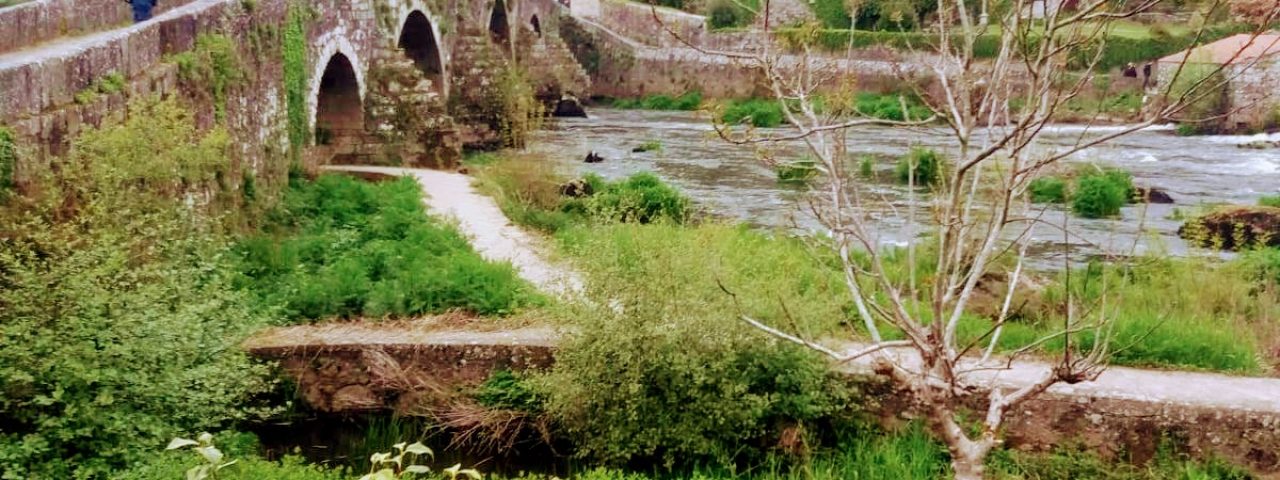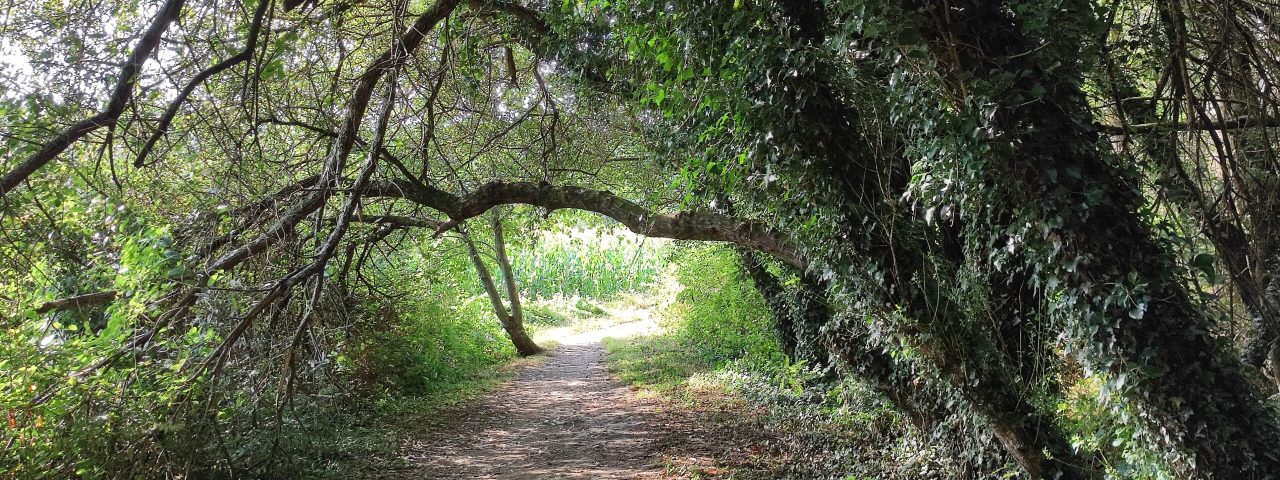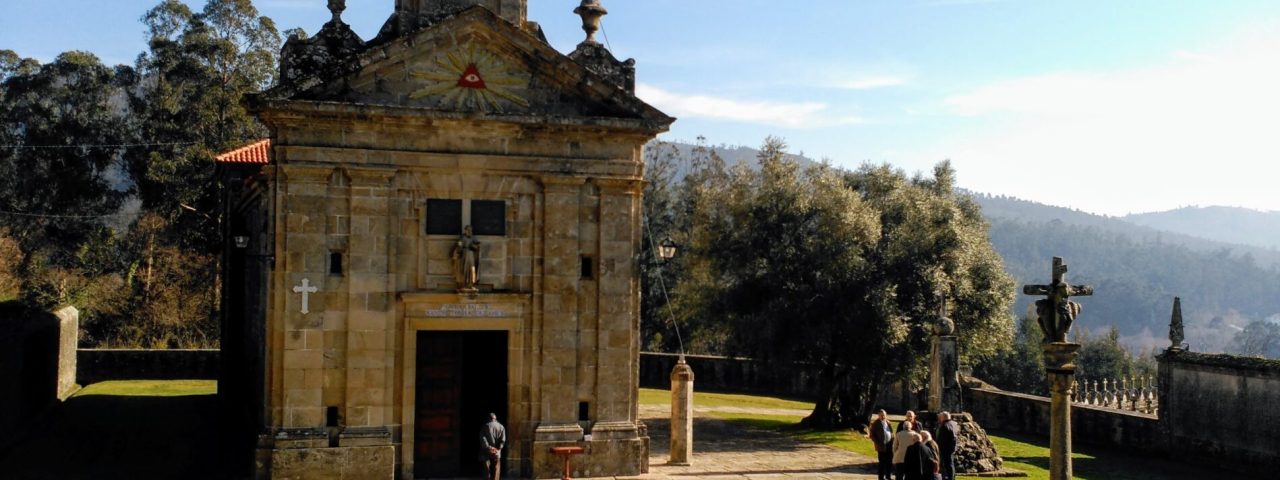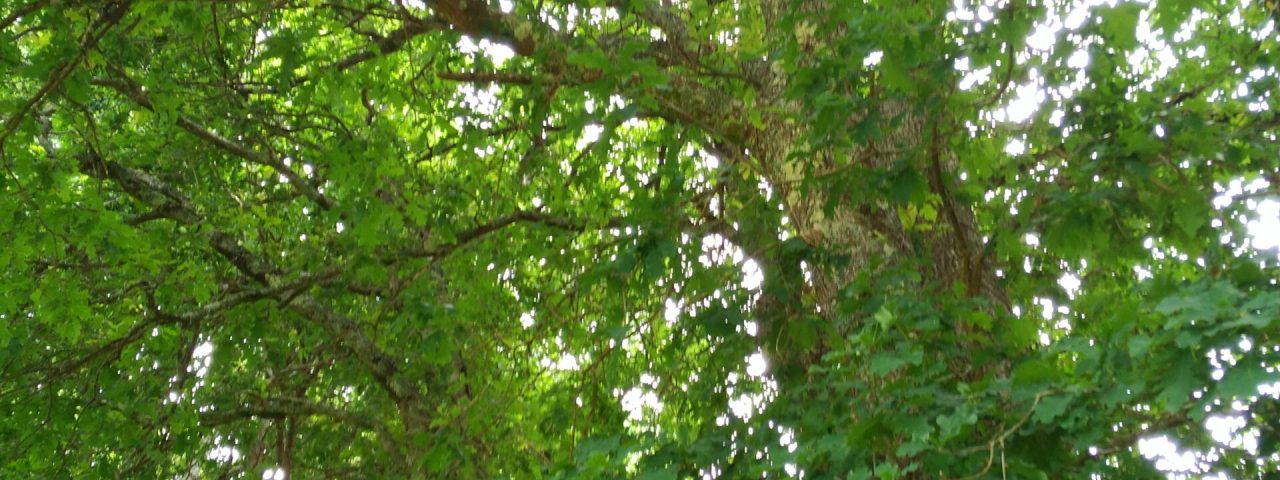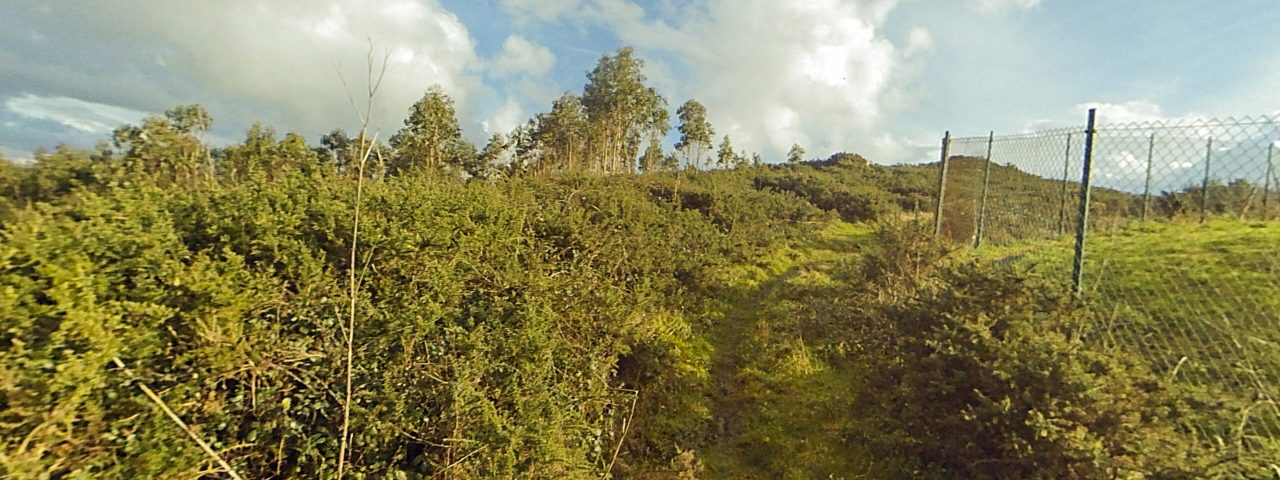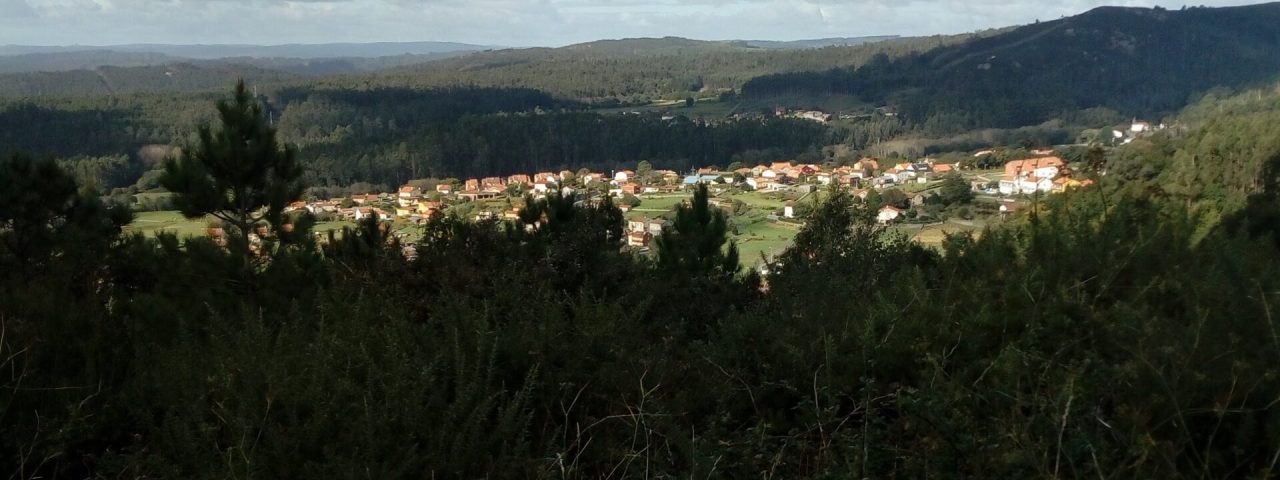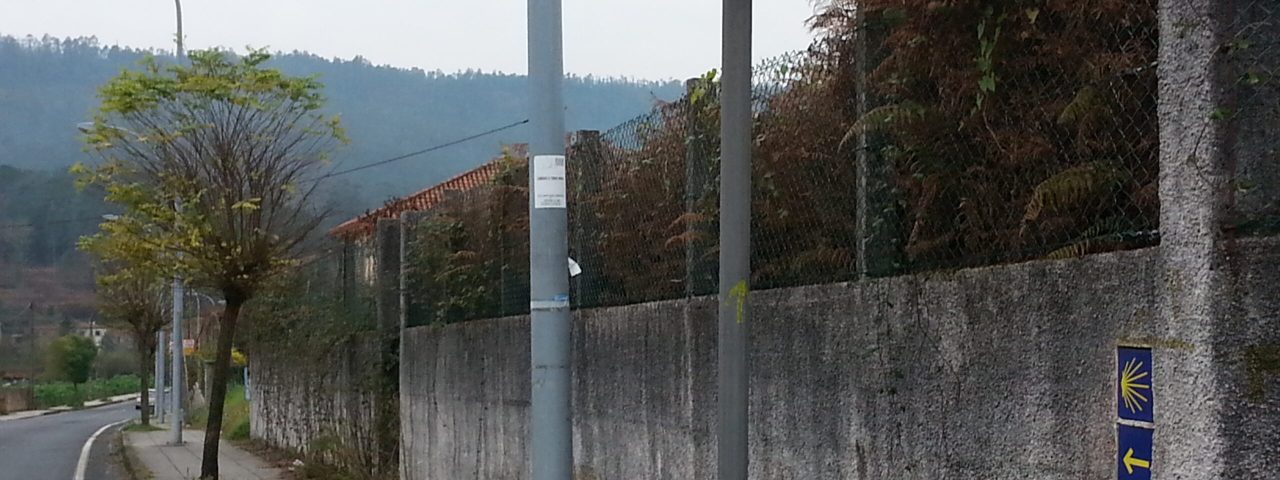Amés has a rich history that is intertwined with the broader historical context of Galicia. The region was inhabited since prehistoric times, with numerous archaeological remains found nearby, such as megalithic dolmens and ancient hill forts. During the Roman period, Galicia was an important area, and the influence of Roman architecture and roads can still be seen in some parts of the region. The town’s proximity to Santiago de Compostela also means that it has historically benefited from the flow of pilgrims traveling the Camino de Santiago, which has left a mark on its cultural and spiritual life.
The culture of Amés is quintessentially Galician, with strong ties to traditional music, dance, and festivals. One of the most important cultural events in the area is the celebration of local festivals, including “Fiestas Patronales,” which honor local saints and are marked by traditional music, folk dances, and Galician gastronomy. The town’s residents maintain many local customs, such as the playing of the gaita (Galician bagpipe) and the performance of regional dances like the muñeira. These cultural aspects add to the charm of the town and make it a unique place for visitors interested in experiencing authentic Galician traditions.
